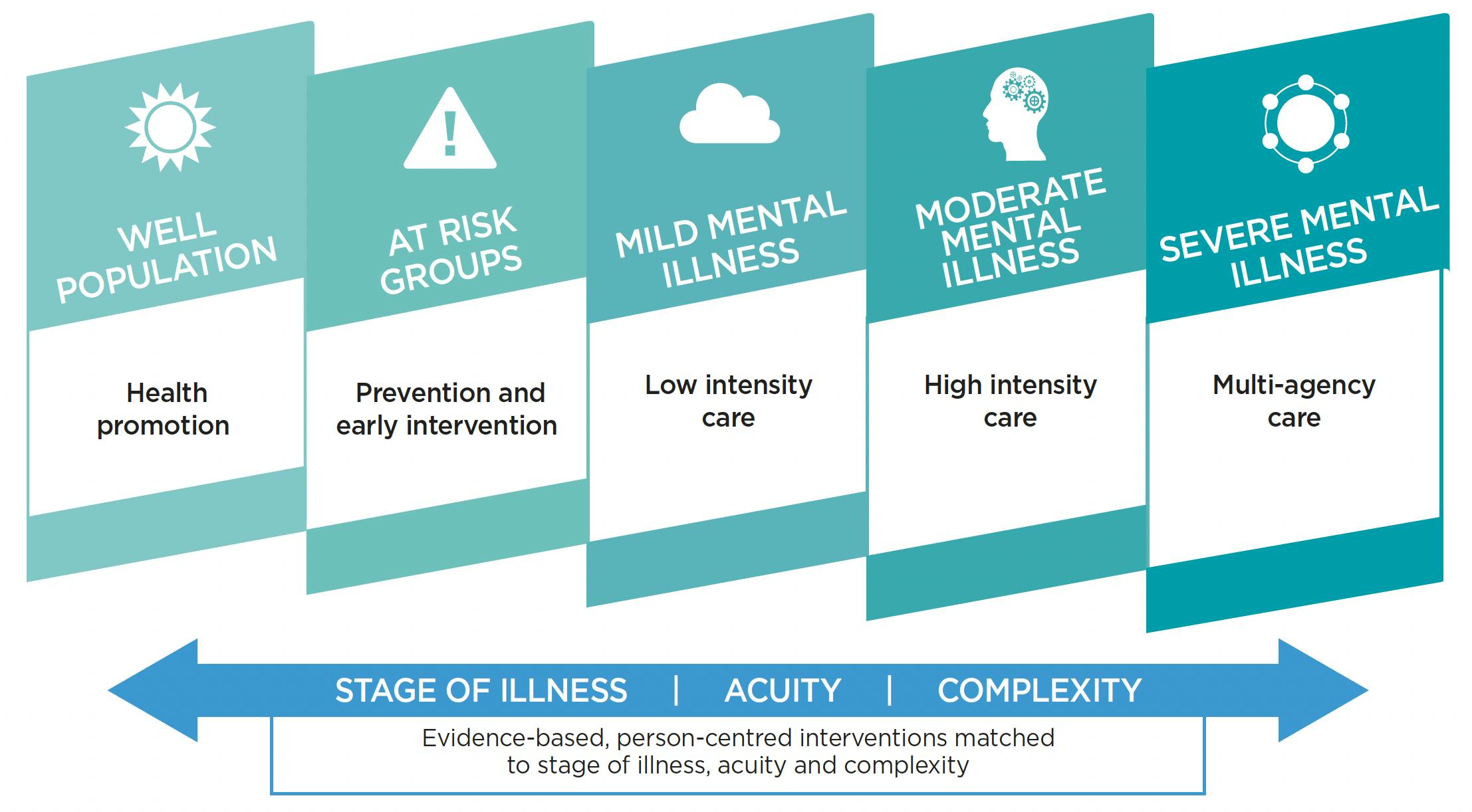InsideOut eLearning
Learn more about eating disorders with our suite of online courses for health professionals.
eLearning
Treatment Goals & Planning
A treatment plan will generally involve a multidisciplinary team providing a mix of medical, psychological and nutritional support. Use InsideOut's Treatment Services Database to help find local health professionals.
Treatment Services Database
Find eating disorder professionals and services near you
You can also search Butterfly's Referral Database and ANZAED Credentialed Eating Disorder Practitioner Database
Treatment goals
The overarching goals of treatment are:
- Medical Stabilisation: Management of acute and chronic medical complications
- Nutritional Rehabilitation: Weight restoration and re-establishment of normal eating patterns and behaviours
- Psychological Intervention & Therapy: Address associated psychological, social, family, and behavioural problems that may underlie and/or contribute to the disorder (or contribute to relapse if left unattended)
If someone is reaching out to their GP - they want help and they want it now. So, there should be an emphasis on urgency otherwise the person reaching out will lose hope and never come back. Worse still their health will be dramatically impactedLived experience quote
Stepped Model of Care
The continuum of care(1) proposes that individuals can move up or down stepped levels of care, to ensure an appropriate level of care.
People with eating disorders should always be treated in the least restrictive environment that enables meaningful symptom change
The level of care will depend on:
- Illness severity (medical acuity, symptom severity)
- Treatment goals
- Engagement in treatment
The community setting is recommended if there are no additional medical or psychiatric complexities.

Continuum of Care for Eating Disorders
The continuum of care proposes that individuals can move up or down stepped levels of care, depending on illness severity (medical acuity and symptom severity), treatment goals and engagement in treatment.
NICE Guidelines
National Institute for Health and Care Excellence guide, aiming to improve the care people receive by detailing the most effective treatments for anorexia nervosa, binge eating disorder and bulimia nervosa.
Include an Escalation Plan as part of any treatment plan.
Escalation Plan
An escalation plan outlines the transition to other treatment options, such as day programs and inpatient care, should the person's condition deteriorate.
Escalation will depend on:
- Medical stability
- Severity of disordered behaviours (restricting, purging, bingeing, excessive exercise, use of laxatives)
- Safety
- Weight
- Progress
- Level of support at home
It is important to know the trained eating disorder specialist in your health district and the escalation options that are available if a person requires medical stabilisation or nutritional rehabilitation.